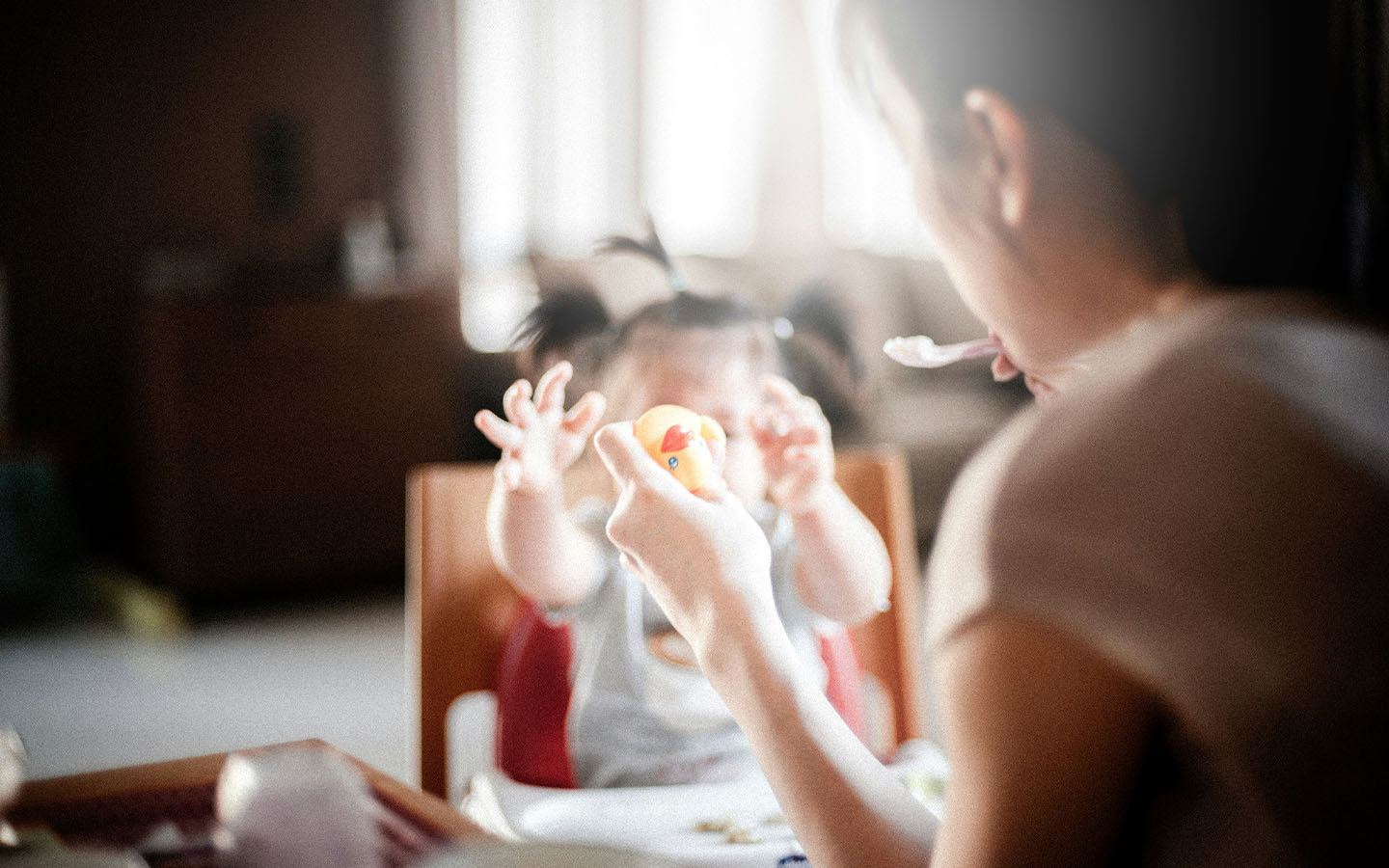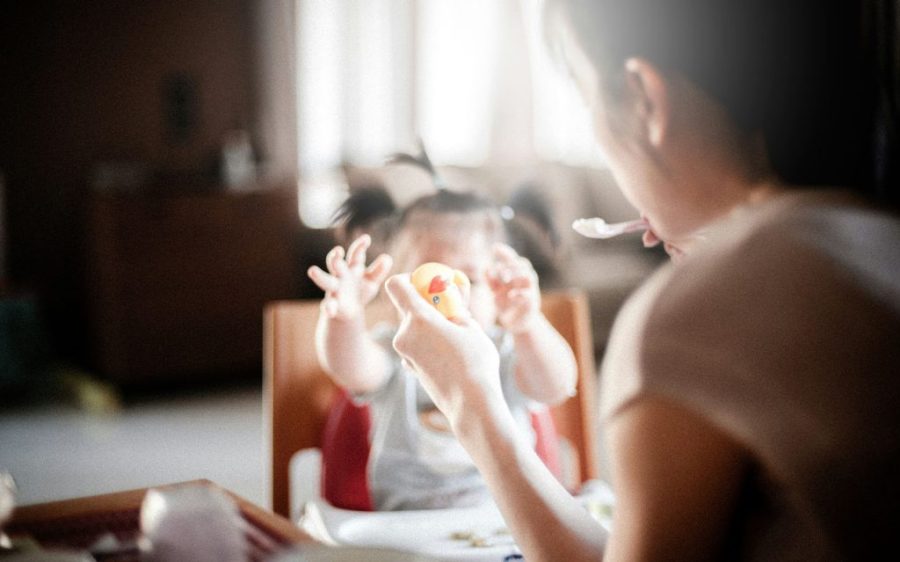Allowing babies to help themselves to whole foods is a healthy alternative to spoon-feeding them pureed solids, according to new research cited by the the American Society for Nutrition.
‘Baby-led weaning’, as the increasingly popular practice is called, has been hailed as encouraging healthy eating habits though letting infants explore a variety of foods from their family’s usual meals. However, its detractors have argued that leaving eating choices up to babies does not guarantee enough nutritional intake.
Now, a recent University of Colorado study of 70 healthy, five-month-old babies has linked baby-led weaning to bigger increases in weight-for-age and weight-for-length scores than their conventionally weaned counterparts – despite similar caloric intakes.
[See more: Ultra-processed foods need tobacco-style warnings, says top nutritionist]
Kinzie Matzeller, a clinical research coordinator and registered dietitian involved in the study, presented its findings at Nutrition 2024 – a major health conference being held in Chicago over the weekend.
Matzeller offered several pieces of advice to parents wanting to try baby-led weaning. She said that offering a diverse array of options was crucial when introducing solid foods to infants; as was presenting them in ways a baby could easily grasp and chew.
“It often takes up to 15 exposures to a food before a baby accepts it, so persistence is key,” she noted. “[But] baby-led weaning can be a great way to incorporate more options and different types of foods your little one may not get otherwise.”






